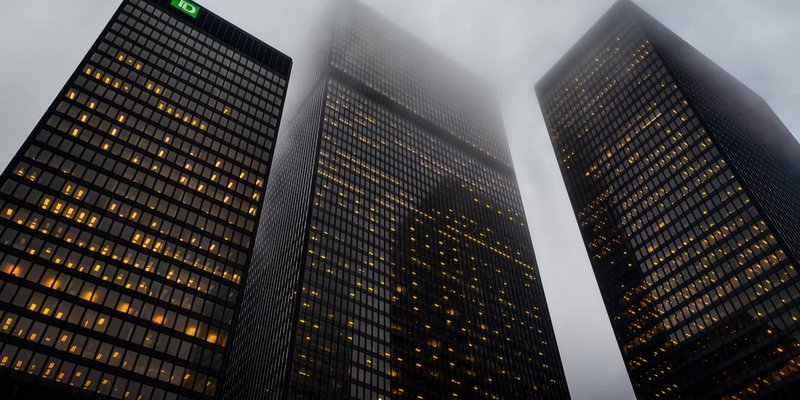
If you are not redirected within 30 seconds, please click here to continue.
Samedi: 10h – 16h HAE

If you are not redirected within 30 seconds, please click here to continue.
If you are not redirected within 30 seconds, please click here to continue.
Canada “Uniquely Unprepared” for Major Earthquake

Table of Contents
- New research shows a major earthquake in Canada would cause more than $35 billion in damage, which is more than the country’s entire insurance industry can afford.
- Top industry executive warns “we are not ready” amid Global Risk Institute analysis finding Canada is “uniquely unprepared” for an earthquake.
- Canada offers much less government support for earthquake victims than the United States, making adequate insurance critical for those in seismically active regions.
Canada’s personal and commercial insurance industry would be destroyed by a major earthquake, the Property and Casualty Insurance Compensation Corp. warns.
The industry can survive losses from an event of up to roughly $35 billion, said Alister Campbell, CEO of the policyholder protection provider, during the CIP Society’s 2021 virtual symposium held last month. New research, however, shows a significant earthquake hitting either British Columbia or the Montreal-Ottawa corridor would cause at least $37 billion in losses.
That total would exceed the largest losses that have ever been seen in Canada from a single event. The wildfires that decimated much of Fort McMurray, Alberta, in 2016 currently hold the dubious record of most expensive natural disaster in Canadian history, with total losses approaching $4 billion.
While there has always been concern about the potential for severe losses if a large quake was to hit Canada, recent revisions by seismological scientists have upgraded the likely risk levels from a major earthquake in those two regions, which means that the potential loss level is higher than previously estimated.
Just the actual shaking of the ground during a major quake in B.C. now has a median expected loss of $27.5 billion, but the potential loss from fires that would likely break out following the earthquake would add roughly $10 billion to that total.
Mr. Campbell said that puts the potential loss estimate at $37.5 billion, well above the level the industry could sustain. He noted that in the Montreal-Ottawa corridor, very few people have earthquake insurance. While insured losses from the quake itself in that region would be relatively low, the projected losses from quake-related fires are roughly $30 billion.
The new analysis comes on the heels of a report from the Global Risk Institute that found Canada “is uniquely unprepared to tackle quake losses among industrialized nations with high quake potential.”
“The short answer is no, as a country, we’re not ready [for an earthquake],” Don Forgeron, president of the Insurance Bureau of Canada, said during a panel discussion in late March.
Don't waste time calling around for home insurance
Use Rates.ca to shop around and compare multiple quotes at the same time.
Finding the best home insurance coverage has never been so easy!
“I think what the pandemic has done, though, is serve as a bit of a wake-up call to the federal government, some provincial governments, and to the industry as well, that our mentality may be skewed a little bit towards response as opposed to adequate preparation.”
Monica Ningen, the CEO of Swiss Re Canada, who was moderating that discussion, said she does “continue to worry about whether we as a country are prepared to respond to an event like that.”
“With all the work that’s been done on [earthquake preparation], I’m still worried about that. When that happens, as an industry, it will be a real test of our ability to respond.”
Part of the reason there is so much more pressure on Canada’s insurance industry to shoulder the cost burden of potential earthquakes is a lack of government support. According to a recent academic analysis, more than 60% of homeowners in British Columbia’s lower mainland have some form of earthquake insurance but drive just one hour south, and you’ll find only 14% of homeowners in western Washington State have earthquake coverage.
“While there are numerous aid and grant programs to help uninsured and underinsured people in the U.S., the B.C. government has publicly stated that it will not pay assistance for earthquake damage because of the availability of private insurance,” the authors wrote.
Multiple ways to address the risks homeowners are facing are being considered, from bundling all potential disasters into basic home insurance to providing “vouchers” to low-income households living in high-risk areas. Ultimately, however, the easiest option is to ensure you have adequate home insurance.
- With files from Thompson’s World Insurance News. Used with permission.
Get money-saving tips in your inbox.
Stay on top of personal finance tips from our money experts!










